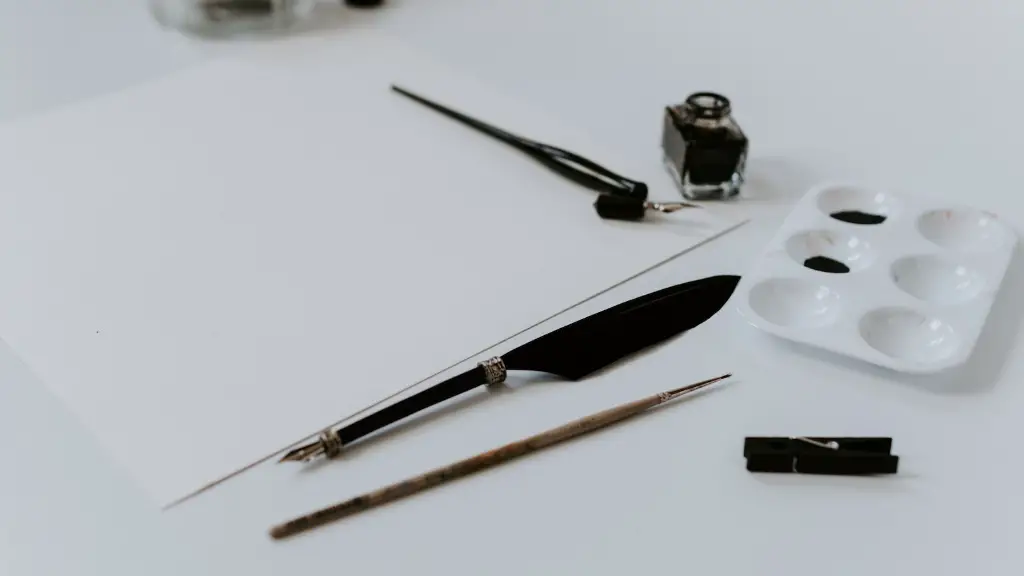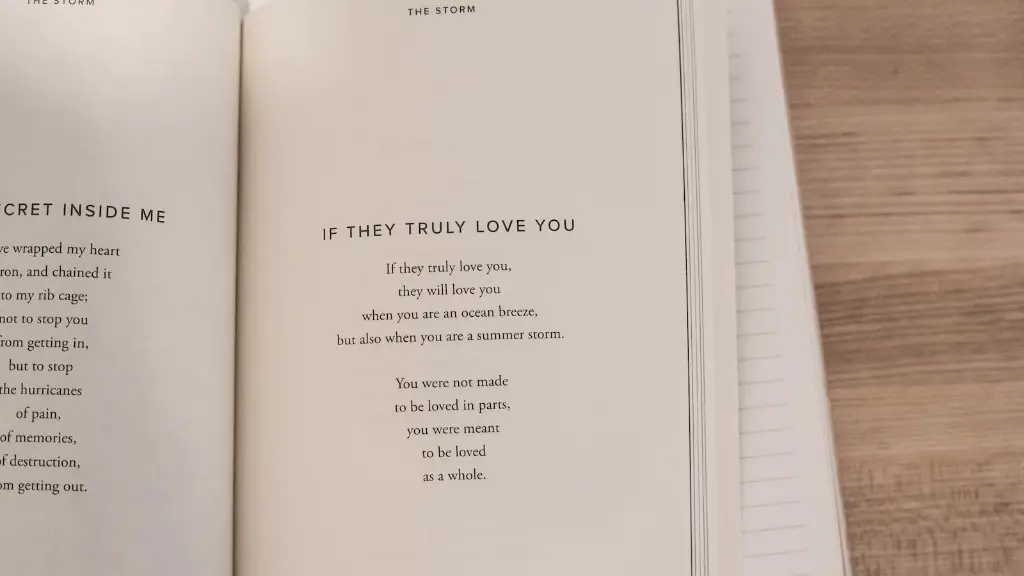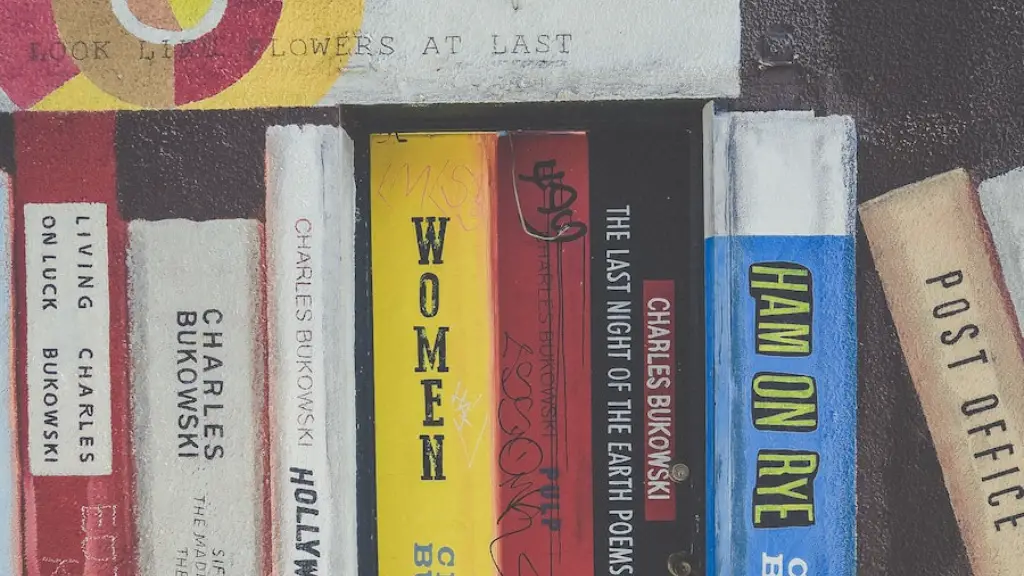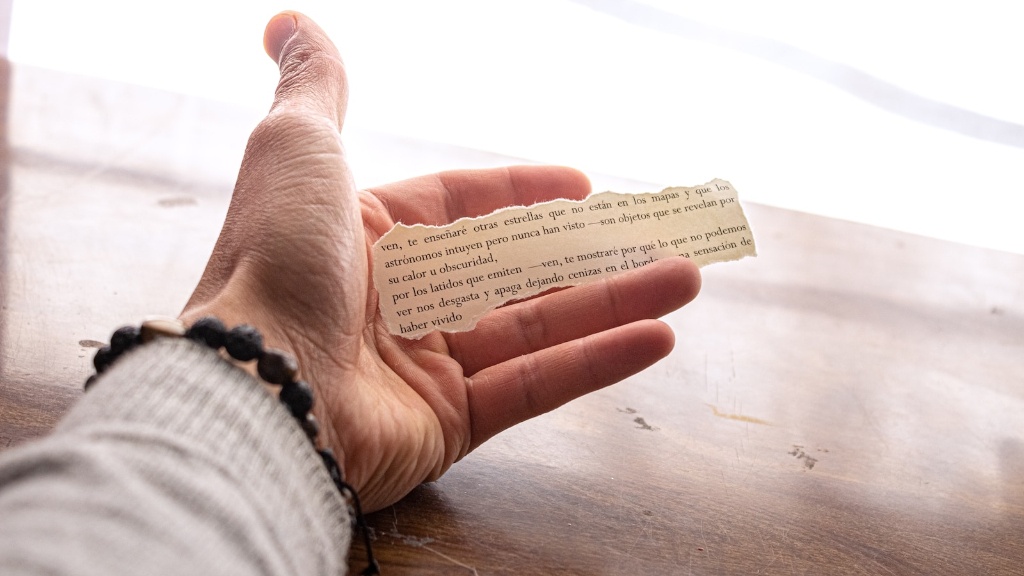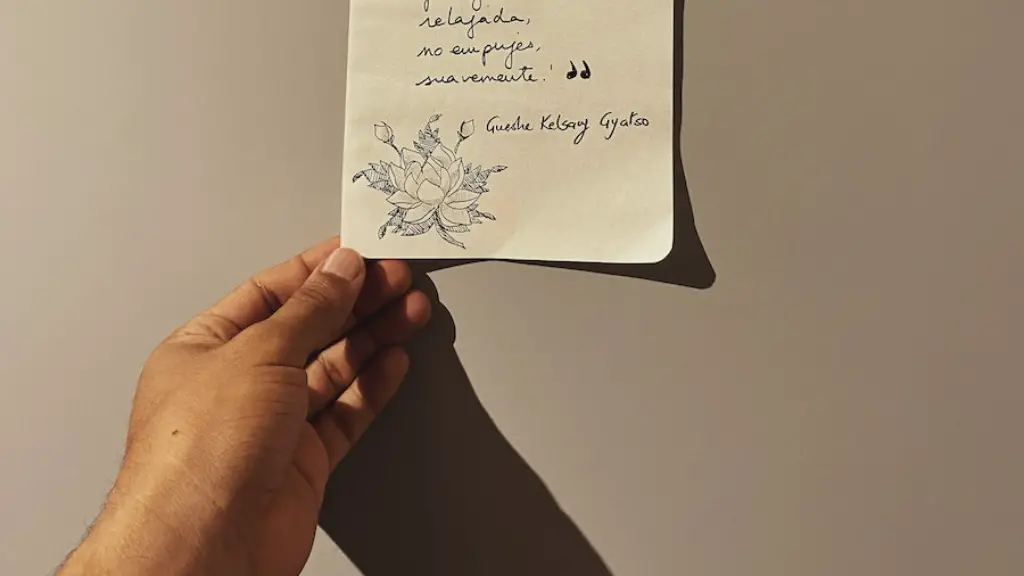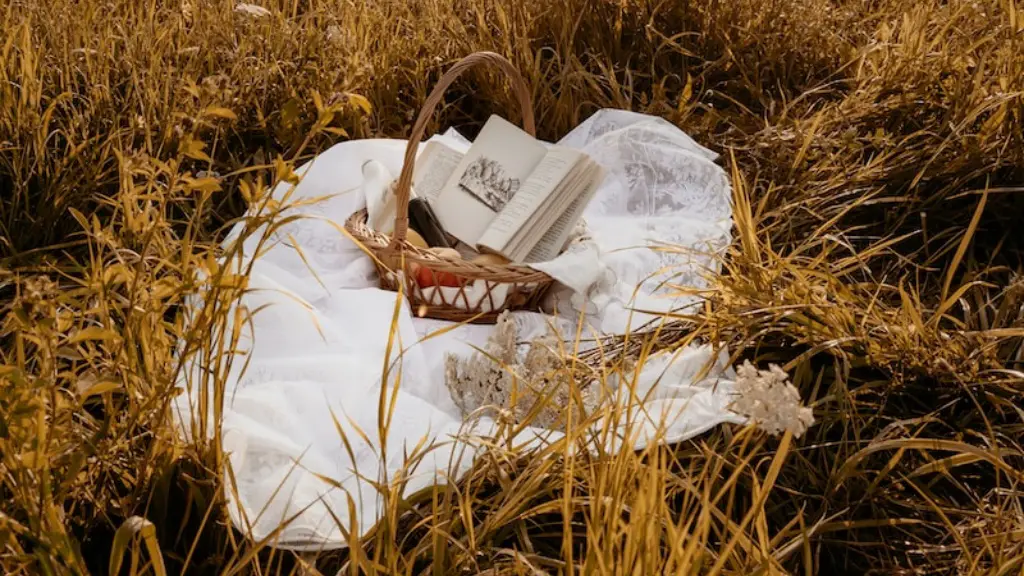How I Discovered Poetry Analysis
When I first began my journey into the world of literature, I was quickly exposed to poetry. It was almost second nature for me to just begin to read, but I was soon approached with a request to “analyze” this text. Little did I know, this moment of confusion would soon become a series of discoveries of joy and education.
Before I could even start to understand what the word “analysis” meant, I had to understand exactly what poetry was. An incredibly broad topic, this topic would take days of researching and reading to have even a basic understanding of the subject. Since poems can be of different types and eras, I had to get a feel of the type that I was reading. After deciding the basic parameters of my poem, I began to look into what analysis meant in the context of this poem.
Initially, it appeared quite simple. Look into the poem with a magnifying glass, identify techniques used and link them to the overall effect in the poem. Little did I realize that each step was more painstakingly detailed than I had initially thought. I soon discovered that its not just about the words, but about how the poem is linked together. Being able to understand the structure of the poem was a key component in understanding its hidden meaning.
This newfound understanding opened my eyes to the endless possibilities of interpreting and understanding the poem. It soon became a new obsession to finish the puzzle that the poem presented. It was not just a silly past time, but rather a brilliantly formed pathway to knowledge and understanding that could only be opened through puzzle solving.
The more I delved into the end of the poem, the more I saw the influence of the author’s life and thoughts in the form of the poem. I was in awe of the power of words and how even a single paragraph of words could be seen as a deep ocean of ideas and opinions. It was a sign for me that even my own writing would have an influential impact on the world.
At this point, poetry analysis had become a part of me. It had taught me to look deeper into the things around me and to really appreciate the beauty that came along with a thoughtful poem. Although I am still in the early stages of discovering the hidden layers of poems, I cannot wait to find out more and delve even deeper into this captivating world of poetry.
Emotion in Poetry Analysis
When I first began my journey of analyzing poetry, I discovered that each poem had more to offer than ever before. It soon became clear that part of the analysis of a poem was understanding how the poem made me feel. This was an entirely new concept for me, as it allowed me to link between my feelings and the words of the poem. I soon discovered that by understanding the emotion behind the poem, I was able to truly understand the author’s intention and voice.
Without emotion it seemed that I was just taking a single line of the poem and drawing conclusions from it. Through emotion in a poem, I could see how the author was trying to convey a message or story. I soon realized that emotion was an incredibly powerful tool that I could use to delve deeper into the unknown and unlock the hidden gem inside the poem.
This newfound understanding of emotion gave me a new perspective on analyzing any piece of literature. It was as if I had gained a superpower of sorts. With this superpower of understanding the emotion of words, I am able to take a text and truly appreciate it on a level that never seemed achievable before.
As my journey into the world of poetry analysis continues, I cannot wait to explore the endless possibilities that understanding of emotion brings. I can only hope that this newfound knowledge will stay with me forever and will continue to help me in analyzing poetry and literature as a whole.
Exploration of Poetic Devices
Within every piece of literature lies a host of poetic devices. Generally, these are devices used within a piece of literature to create an effect or emotion. For example, devices may include imagery, alliteration, assonance, similes, and metaphors. Historically, these devices have been part of the key components of most works of literature, and understanding them has been integral to my journey into literary analysis.
Through the process of exploring these poetic devices, I was able to connect with the poem on a much deeper level. This increased connection gave me a grasp of the tone, the intention, and the general idea the author was trying to convey. It was almost like I had a secret key to unlock the secrets of the poem, giving me the ability to interpret exactly what it was trying to say.
Poetic devices also allowed me to explore multiple interpretations of the poem. For example, one particular poetic device may be interpreted differently by each reader and therefore, one must determine which interpretation is correct. This exploration was incredibly interesting to me since it required me to use my analytical skills to their utmost potential.
Overall, a journey into poetic devices has been incredibly fulfilling and has skyrocketed my understanding of poetry. Once I came to understand the nuances and depth of analysing a poem, I felt ready to tackle any work of literature. I am sure that others will also find the same sense of gratification if they just look beyond the surface of a poem.
Fostering a Connection With Poems
When I first began the analysis of a poem, I felt an instant connection with the writing. I found that the more that I explored its layers, the stronger that feeling became. It was almost like the poem and I were connected in an inexplicable way, as if our souls were dancing together in harmony.
This connection was only strengthened by my further exploration of the poem. When I put together all of the pieces, I was able to finally appreciate the author’s efforts and understand why the poem was written in the first place. To me, this connection was the ultimate reward for my efforts of literary analysis.
Fostering a connection with a poem is incredibly rewarding and energizing, but one must bear in mind that this is not easy. Properly analyzing a poem requires a lot of work and thought, which is why most of us never bother to think of it as more than interesting words on a page.
But if one puts in the effort and attempts to not just look at a poem, but to understand it and search for its true meaning, the reward will no doubt be greater than any other. It teaches us to take in a piece of literature and truly appreciate it for the words and emotions it carries. And that can truly be a beautiful experience for anyone.
Adopting a New Mindset Through Poetry Analysis
The process of analyzing poetry has taught me more than just how to comprehend a poem; it taught me to adopt a new mindset. Through looking deeper than words and understanding the structure of the poem, I began to realize what made it unique and entertaining.
This understanding gave me the ability to think outside of the box and explore ideas and concepts that I had never thought of before. By going beyond the obvious and uncovering a deeper meaning, I was able to create an environment of new thinking that I had never known before.
My new way of thinking allowed me to ponder ideas and discussions that I would otherwise not have considered. By looking into a poem, I was able to foster a mindset of creativity and inquiry, which in turn informed all aspects of my life. It gave me a newfound appreciation of different perspectives and allowed me to explore unpredicted aspects of my life.
In the end, my journey of analyzing poetry has led me down an ever-enlightening path of knowledge and understanding. It has changed my views on literature and has given me the tools and drive to approach any piece of literature with a newfound enthusiasm. I am sure that others will be just as inspired as I have been if they just take the time to look beyond the surface of a poem.
Connection to Real Life Situation
When I began my studies of poetry analysis, I soon discovered that my newfound knowledge had real life applications. As I was analyzing a poem I realized that I had the power to apply what I had learnt to any situation or event, which gave me a newfound sense of appreciation for the power of words.
For example, if I was to analyze my own life, I realized that I would be able to detect the patterns in my life and the themes that I carry with me. Through analysis, I was able to draw conclusions on how my life has progressed and how I can move forward differently in the future.
In addition to this, I found that poetry analysis could also be used to be sensitive to others. By understanding the words and the emotion behind it, I could be able to appreciate a persons story and express sympathy towards them in a thoughtful way. This newfound sense of empathy was a direct result of understanding the power of poetry and literature.
In the long run, I have been able to apply my knowledge of poetry analysis to real life situations and have found it to be incredibly inspiring and enlightening. I have been able to think outside the box and explore different themes that I never even thought of before. This is ultimately what made me realise the power of understanding words in the context of poetry.
Conclusion
My journey of discovering poetry analysis has taught me more than just how to dissect a piece of writing. It has taught me to appreciate the beauty of words, to think outside of the box, and to foster a connection between literature and real life.
Through understanding the nuances of a poem, I was able to explore the depths of emotion that the poem presented, understand the power of poetic devices, and harness a new mindset for addressing literature. It was a journey that had no end and has allowed me to discovered a deeper understanding of not just poems, but of literature and life in general.
